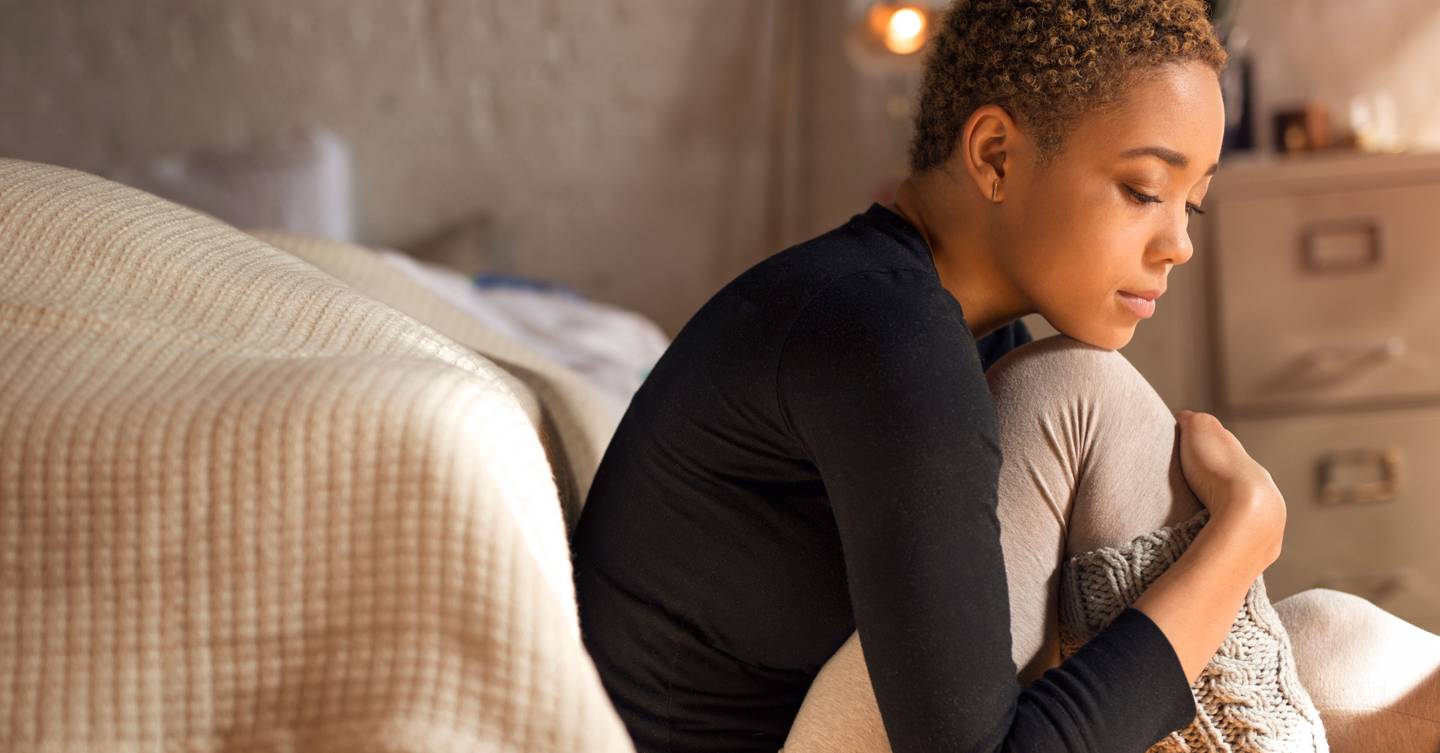It’s a lonely time of year – there’s no denying it. Between the dark days, the time spent holed up at home in lockdown and the lack of human contact can leave even the most introverted among us feeling totally isolated. Ironically, those feeling lonely are far from alone. Combined with months of social distancing and the legacy of the first lengthy lockdown, more people are experiencing loneliness within the UK.
While some people assume that loneliness only affects the elderly or those who live alone, recent research has revealed that Gen Z (people born in the late 1990s and onwards) registers the highest level of loneliness pre and during lockdown. The study by Echo and Lloyds Pharmacy, which used the universally recognised UCLA loneliness scale to measure participants’ feelings, reported that during lockdown, Gen Z are three times more likely to experience a high level of loneliness than those aged 75 and over. The results also found that levels of loneliness increased across all age groups during lockdown, meaning that no one is exempt from the need for human company. The problem is, in the face of a global pandemic, when isolation is our first line of defence, there seems to be little alternative.
According to Dr Kristen Macphee, Babylon Digital GP Community Lead, feelings of loneliness can lead to anxiety. “The first type of anxiety specific to Covid-19 is anxiety due to fear of disease,” she says. “This type of anxiety is caused by a rational fear of the virus and resultant pandemic; the age-old fear of death and disease. The other type is anxiety caused by loneliness. This anxiety is driven by a lack of social contact, feeling lonely or disconnected, and reduced freedom to move around and engage in normal daily life. Many people have reported increased anxiety due to the restrictions put in place to tackle the COVID-19 pandemic.”
While it may seem trivial, the weather may be playing a significant role in exacerbating feelings of isolation. “Winter does not help as it’s much colder outside and the there is less sunlight – and this may impact people’s willingness to leave the house to exercise or simply go for a walk,” explains Dr Martina Paglia, psychologist & founder of The International Psychology Clinic. During the initial lockdown in March, the warm weather and signs of Spring served as a source of hope and solace for many.
Plus, Zooms and video chats were a novelty at the beginning, but this has very much worn off and it’s impossible to ignore the reality that virtual gatherings are a poor substitute for real life meetups. According to Dr Paglia, it could be useful to add more structure and purpose to your online interactions. “Social media and video calls can have a negative impact on people’s mental health, however If used in the right way, social media and video-conferencing platforms can prove to be a great tool that can help us to prevent loneliness and stay connected,” she says. “If you like playing video games, try playing multiplayer with your friends online or try an online painting class, a virtual reading club or book a virtual visit to your favourite museum. All this can help boost your activity levels and bring a sense of accomplishment to your days, which we know has a positive impact on your mood – so will help you stay positive throughout this second lockdown.”
Another key precaution for lockdown involves making sure you get outside – even if it’s cold and raining. “Go outside whenever and wherever possible,” advises Dr Macphee. “Most experts agree on 20-30 minutes of daily exercise, with 15 minutes of that being vigorous exercise. You can split this across the week and many daily activities count, including gardening and walking around.”
Other than that, limit your exposure to distressing news. “Social media can have benefits if approached in the right way, but reading from too many sources, and falling prey to fake news can increase COVID-19 related anxiety,” says Dr Macphee. “Use national news sites, government updates, the NHS website, and reputable publications. Think critically about any articles you read and separate opinion from fact. Try to check these just once or twice a day, with the aim of staying informed.”
And, if you can, it’s worth trying to see the positives that can come out of the lockdown. “For some people, a reduction in work-related stress and anxiety due to a better work-life balance can have a positive impact on their mental health,” notes Dr Macphee. “Many people have ditched the commute, are eating healthier home cooking and are managing to get more hours sleep.” Sounds pretty good to us.
